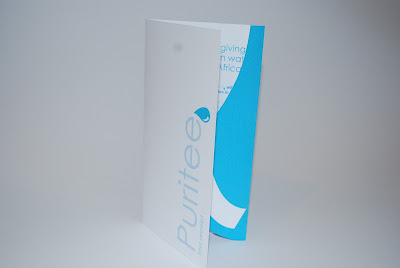What skills have you developed through this module and how effectively do you think you have applied them?
My skills towards print have vastly improved throughout this module. I now find myself thinking and looking in different ways than I have done previously, and now that I have a better understanding of how to actually go about commercial printing and how it actually works as opposed to just printing at home or in the digital dungeon I feel a lot more confident and ready to be able to go ahead and actually produce something that could be commercially printed. Also, I have focused a lot within my development skills throughout this project which is something I will certainly carry on with in the future as I found just going about the actual design of what I was doing a lot easier once I had it down on paper.
What Approaches to/methods of design production have you developed and how have they informed your design development process?
I have learnt how I would go about designing for commercial printing, right from setting up a document through to sending it off to print. I now understand the actual technical side behind it which is definitely a good piece of knowledge to have as both design and print wrk hand in hand in order to produce something that is successful and also serves a purpose. I find myself questioning a lor of the time now how things may have been printed, which is something that I haven't really done before but is certainly something I would like to get good at.
What strengths can you identify in your work and how have/will you capitalise on these?
I think my development work throughout this project has vastly improved since last year. I forced myself to do a lot more development work than I have done in previous modules and I think it paid off as I feel a lot happier with my final outcomes and believe the Good Is... brief has come together a lot better for it. By sketching down my ideas, and pushing the digital designing aspect further meant I could really focus into what I was doing ensuring that it works in the way I am intending it to as opposed to just making something look nice.
What weaknesses can you identify in your work and how will you address these in the future?
My weakness throughout this module is definitely my time management skills. It took me a while to find my feet after starting back after the summer, and although we were warned before we finished for summer that we would 'hit the ground running', I just wasn't prepared for it at all. I do regret not preparing myself properly for this as it does mean I had to play a lot of catching up throughout the module in terms of the initial stages of the briefs, and I do feel that if I had managed my time better I could have gotten a lot better outcome at the end than what I have done.
Identify five things that you will do differently next time and what do you expect to gain from doing these?
BLOGGING! - I have probably said this for every module, but this one has given me a right shock this time as I found the technical explanations to be what are most important in this one and I do feel a bit like I could have gotten more in and better at it if I had done the blogging side of the module hand in hand with the designing and development rather than pushing it aside. The lesson has definitely been learnt this time.
Time Management - I didn't manage my time very well this time, and I do regret this as I do feel like I could have pushed the whole module a lot further than what I have done if I would have got my act together from the start. I will start to produce weekly time tables for myself along with the usual weekly google calendar to ensure I am keeping on top of things at all times from now on.
Research Skills - This was something I managed to develop a lot last year and realised the benefits of doing it, although I haven't really researched as much as I feel I could have for this module which I do think has left what I have done cut short a little, so I will ensure I produce more research back up to last years standards again in future modules.
Developments - I do feel that this is a strength within this module, and it will be something that I want to expand upon in future modules. I will ensure I don't touch a mac until I am fully happy with the drawn versions of what I am intending to produce. I have seen the benefits from doing this in this module, and I want to build on this more and push it further as I think it will help me to develop the overall quality of my work.
Motivation - I will make sure that I am a lot more motivated with upcoming modules. This point should work hand in hand with the time management point I have raised as it is basically the key to keeping on top of things, and it is the only way really to survive on this course and survive well so I will push myself further with this.
Attendance 5
Punctuality 4
Motivation 3
Commitment 3
Quantity of work produced 3
Quality of work produced 3


































































